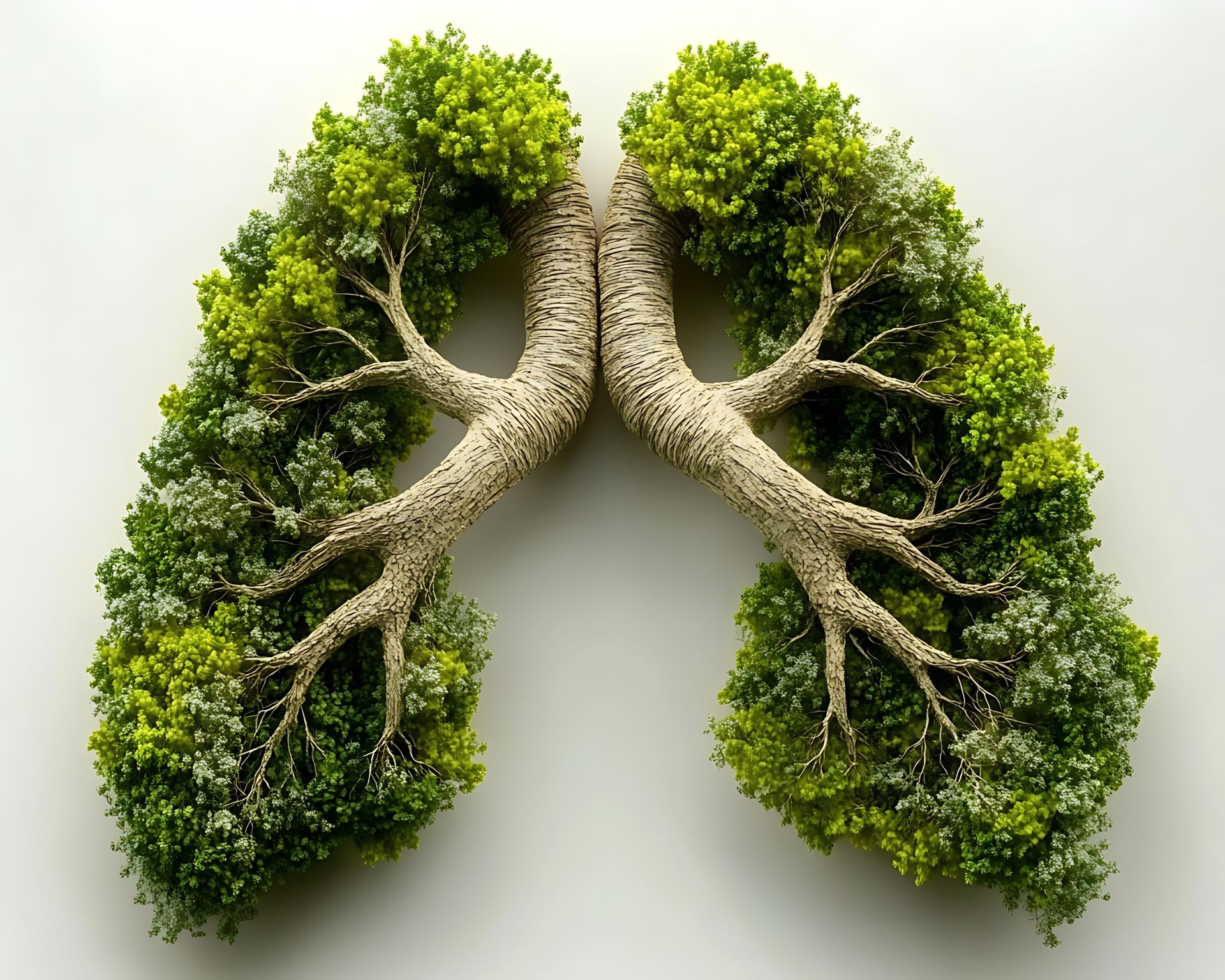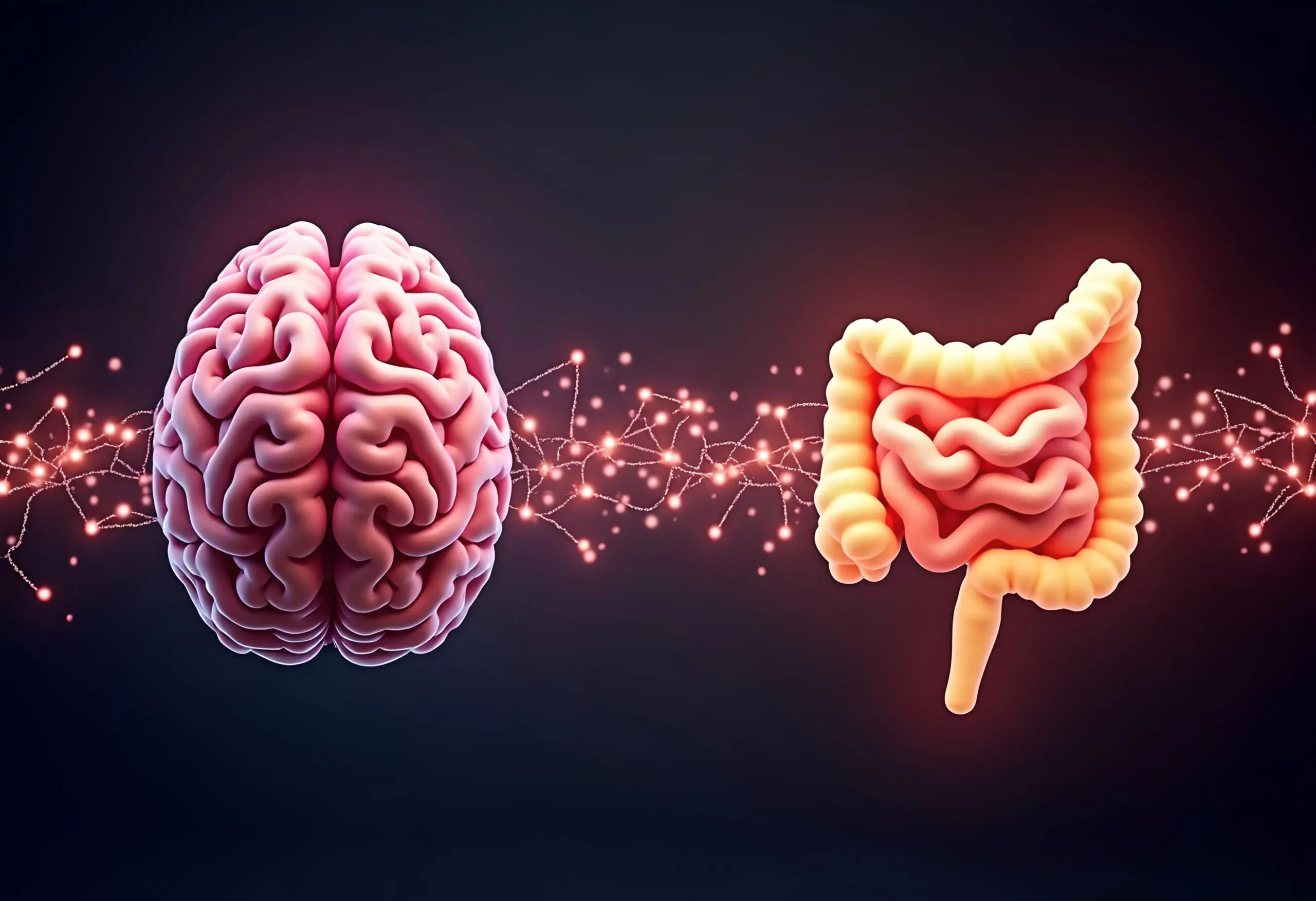
Microdosing Psychedelics
Disclaimer: The content below should not be construed as medical advice. Furthermore, Beckley Retreats does not condone the use of illegal substances, nor do we sell such substances. It is essential for individuals to do their own research to ensure a safe and legal experience. This information is shared in that spirit.
What is Microdosing?
Microdosing is the act of consuming a small, sub-perceptual dose of a psychedelic, such as psilocybin mushrooms (aka magic mushrooms). Unlike with higher doses, the act of microdosing psychedelics allows individuals to access the benefits of these substances, without inducing a full-blown psychedelic experience. Many follow the “Fadiman protocol” microdosing regimen, which consists of one dosing day followed by two non-dosing days, to avoid tolerance building up when microdosing psilocybin mushrooms or any other psychedelic substance.
The Benefits of Microdosing
People microdose for many reasons. For some, it is an access point into the world of psychedelics. One can experience dipping one’s toe in the psychedelic waters at these small doses, while not having to worry about how to navigate a significantly altered state of consciousness. Others microdose in order to enhance creativity [1], while others do so for a boost in mood [2] or to reduce anxiety. Some find it helps with focus and productivity, like a supercharged cup of coffee. Microdoses can also be used for their helpful effects after a full-dose psychedelic trip, in order to facilitate integration and access to the material that arose in the trip.
What the Research Says About Microdosing
To date, most of the claims that have been made about microdosing psychedelics are anecdotal. While research on psychedelic medicine has typically focused on full-sized doses, as in the prominent psychedelic research at Johns Hopkins, Harvard medical school, and the work of Dr. Rick Strassman, other researchers, such as Dr. James Fadiman, began to pioneer research on microdosing many years ago. Thankfully, scientific studies are on the rise, exploring the effects of microdosing psilocybin mushrooms and other substances on mood, creativity, and overall mental health. While still in the early stages, research suggests that microdosing may have multiple promising applications.
Scientific studies are particularly necessary when it comes to evaluating the effects of microdosing psychedelics, as it is possible that the placebo effect may contribute to the microdosing experience [3]. In one study, researchers found that microdosing increased psychological functioning in areas such as mood, attention, wellbeing, and creativity, on the day of the microdose [4]. Participants had strong expectations about what the effects of microdosing would be but crucially these did not map accurately onto the observed effects, indicating that they were not primarily due to a placebo effect created by these expectations. At the end of the study, participants also reported lower levels of depression and stress, lower levels of distractibility, and increased absorption.
The potential of microdosing to enhance mood has been an area of keen interest. One study found improved mood, energy, effectiveness at work, and health habits were associated with microdosing [5]. Another found reductions in anxiety and depression, better overall well-being, and better cognitive performance in microdosers who responded to a research survey [6]. Yet another found lower levels of depression, anxiety, and stress compared to non-microdosers [7]. The finding that microdosing may lead to greater resilience to stress has been confirmed in rats, making this a plausible candidate mechanism for the potential effects on mood [8].
Beyond mood, microdosers have been found to report more experience of “awe, wonder, or amazement” in microdosing days [9], and to show higher authenticity [10]. LSD microdosing has been found to lead to longer sleep time on the night following the dose [11], suggesting that there are real physiological effects taking place that are unlikely to be the product of a placebo effect.
Researchers have suggested multiple potential uses for microdosing that should be explored in future research. They include Lyme disease [12], in part due to the known anti-inflammatory properties of psychedelics, easing menopausal symptoms of brain fog, low mood, and alterations in cognition [13], and treating Alzheimer’s disease and the depression that can arise with this condition [14]. Psychedelics are known to activate the serotonin 5-HT2B receptor which can be found on the heart, leading to concerns that microdosing could lead to valvular heart disease (VHD) [15], although this is currently speculative and hasn’t been assessed by research.
Ethical and Safety Considerations
It is crucial to approach microdosing with an appreciation of the ethical and safety issues involved. One’s mental health history is particularly important. Psychedelics may exacerbate symptoms of psychotic disorders in particular, or even precipitate an episode in those who are at risk for such disorders. Consultation with a mental health professional is advisable to evaluate the potential risks and benefits.
One’s physical health status also interacts with the effects of psychedelics. Psychedelics can elevate heart rate and blood pressure, and some medications may interact adversely with psychedelics, so it is wise to seek medical advice before engaging in microdosing. Little is known about the effects of psychedelics on pregnancy and breastfeeding, and so microdosing is generally not recommended for individuals in these situations, due to potential risks to the unborn child or nursing infant.
Ethical and legal considerations include respecting the Indigenous traditions associated with the use of these substances. Stripping certain substances from their traditional context and taking them in a modern medicinal context raises issues of cultural appropriation, safety and efficacy. Further the legality of psychedelics varies widely around the world. Individuals should be aware of and adhere to the legal regulations governing these substances in their respective jurisdictions.
The setting in which microdosing occurs significantly influences the experience. Ensuring a safe, comfortable, and supportive environment is crucial for maximizing the positive effects of microdosing. Setting an intention can also serve to guide the experience in a positive direction.
Choosing a Microdosing Coaching Program
Microdosing, though often undertaken individually, benefits significantly from the support and guidance of a knowledgeable coach. A good coaching program should offer features such as personalized plans, ongoing support, and a focus on integration.
A one-size-fits-all approach rarely works in the realm of microdosing. Effective coaching programs should be tailored to individual needs, taking into account personal goals, mental health history, and other relevant factors.
As part of this focus on one’s specific needs, clearly defining one’s personal goals and intentions for microdosing is vital, and a coach can help in this process. Goals may range from engaging in inner discovery and navigating internal resistance and fears, to exploring purpose and meaning and developing personal agency and accountability. No matter your goals, having a clear purpose helps guide the microdosing experience and contributes to a more meaningful journey.
The microdosing journey doesn’t begin or end with the dosing day itself. A quality coaching program goes beyond the microdosing phase, emphasizing preparation and integration into daily life. Integration sessions help individuals process and apply insights gained during microdosing, maximizing the long-term benefits. Look for a coaching program that offers ongoing support throughout the entire duration of the microdosing protocol. Regular check-ins and a responsive support system are invaluable.
Microdosing can be a powerful catalyst for one’s personal growth journey. Whether one is seeking enhanced creativity, mood improvement, or spiritual insights, ensuring you are well supported on your microdosing journey will give you the opportunity to get the most from this process.
References:
[1] Fadiman, J. (2011). The psychedelic explorer’s guide: Safe, therapeutic, and sacred journeys. Simon and Schuster.
[2] Waldman, A. (2018). A really good day: how microdosing made a mega difference in my mood, my marriage, and my life. Anchor.
[3] Syed, O. A., & Tsang, B. (2023). Managing expectations with psychedelic microdosing. npj Mental Health Research, 2(1), 19.
[4] Polito, V., & Stevenson, R. J. (2019). A systematic study of microdosing psychedelics. PloS one, 14(2), e0211023.
[5] Fadiman, J., & Korb, S. (2019). Might microdosing psychedelics be safe and beneficial? An initial exploration. Journal of psychoactive drugs, 51(2), 118-122.
[6] Lea, T., Amada, N., Jungaberle, H., Schecke, H., Scherbaum, N., & Klein, M. (2020). Perceived outcomes of psychedelic microdosing as self-managed therapies for mental and substance use disorders. Psychopharmacology, 237, 1521-1532.
[7] Rootman, J. M., Kryskow, P., Harvey, K., Stamets, P., Santos-Brault, E., Kuypers, K. P., … & Walsh, Z. (2021). Adults who microdose psychedelics report health related motivations and lower levels of anxiety and depression compared to non-microdosers. Scientific reports, 11(1), 22479.
[8] Kiilerich, K. F., Lorenz, J., Scharff, M. B., Speth, N., Brandt, T. G., Czurylo, J., … & Palner, M. (2023). Repeated low doses of psilocybin increase resilience to stress, lower compulsive actions, and strengthen cortical connections to the paraventricular thalamic nucleus in rats. Molecular psychiatry, 1-13.
[9] Pop, I., & Dinkelacker, J. (2023). Microdosing psychedelics–Does it have an impact on emodiversity?. Journal of Psychedelic Studies, 7(1), 29-35.
[10] Pop, I., & Dinkelacker, J. (2023). Unlocking the self: Can microdosing psychedelics make one feel more authentic?. Nordic Studies on Alcohol and Drugs, 14550725231175353.
[11] Allen, N., Jeremiah, A., Murphy, R., Sumner, R., Forsyth, A., Hoeh, N., … & Roop, P. (2023). LSD increases sleep duration the night after microdosing. medRxiv, 2023-06.
[12] Kinderlehrer, D. A. (2023). The Effectiveness of Microdosed Psilocybin in the Treatment of Neuropsychiatric Lyme Disease: A Case Study. International Medical Case Reports Journal, 109-115.
[13] Fog, E. B., & Mood, L. (2023). Microdosing Psychedelics for Menopausal Symptoms.
[14] Pilozzi, A., Foster, S., Mischoulon, D., Fava, M., & Huang, X. (2023). A Brief Review on the Potential of Psychedelics for Treating Alzheimer’s Disease and Related Depression. International Journal of Molecular Sciences, 24(15), 12513.
[15] Tagen, M., Mantuani, D., van Heerden, L., Holstein, A., Klumpers, L. E., & Knowles, R. (2023). The risk of chronic psychedelic and MDMA microdosing for valvular heart disease. Journal of Psychopharmacology, 37(9), 876-890.


